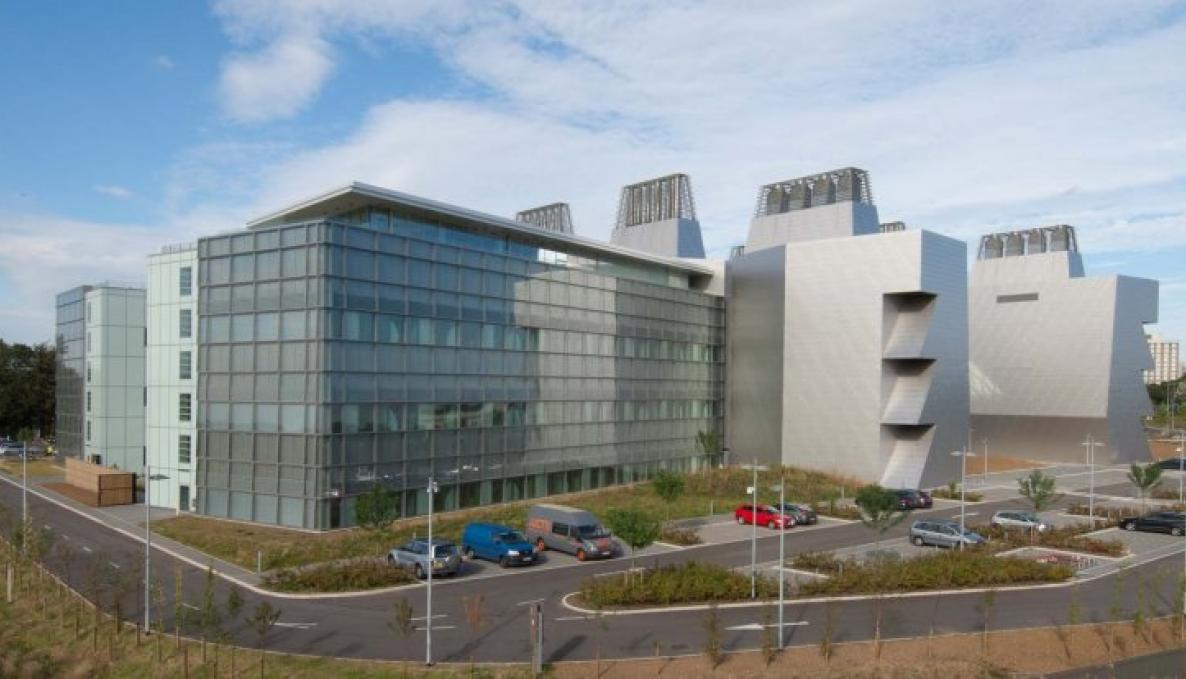Chronobiology: living organisms adapt their biological rhythm over a 24-hour cycle. On Friday, April 12, Sant’Anna School Life Sciences Institute and University of Cambridge establish research collaboration

Chronobiology refers to the 24-hour cycle that affects the human organism when the earth rotates. In October 2017, Hall, Rosbash and Young won the Nobel Prize for discovering molecular mechanisms controlling the circadian rhythm and how plants, animals and humans adapt their biological rhythm so that it is synchronized with the Earth’s revolutions.
On Friday, April 12 (8.30 am, Sant’Anna School TECiP Institute, grey room) researchers from the Institute of Life Sciences and Professor John O’Neill from the University of Cambridge Laboratory of Molecular Biology will initiate a research program aimed at understanding our innate biological rhythms which help to regulate sleep patterns, feeding behaviour, hormone release, blood pressure, metabolism and body temperature. Our inner timers are important in the prevention and treatment of diseases, as well as for the healing process, such as skin lesions. Many studies have yielded information on how the precise timing of a medication or supplement can decrease side effects, have a more potent effect on the target organ system or disease and even completely disrupt a physiological process.
The precision and resilience of circadian rhythms will be discussed on April 12 as well as the “clock genes” controlling various functions including when we are awake and active and when we are healthy or sick. Our biological clock housed in a small region of the brain’s hypothalamus, acts as our central pacemaker sending electrical signals to synchronize clocks in tissues and organs throughout the rest of the body.
Clock disruption has been strongly linked with conditions such heart disease and mental illness. Current evidence suggests that ‘clock genes’ required for daily rhythms are insufficient to explain circadian timekeeping at the cellular level. Current research of the twenty-five national and international experts attending the workshop is focused on understanding the fundamental mechanisms of cellular circadian timekeeping and how this biological clock regulates other cellular systems.
National key-note speakers will include Guerrini, Ratto, Giordano, Ricciardi, Li Causi, Tognini, Passino, Giannoni, Wong, Stangherlini from CNR - Pisa, Scuola Normale Superiore, Laboratorio NEST - Scuola Normale Superiore, Università di Pisa and Scuola IMT di Alti Studi di Lucca, Sant’Anna School Professor Luca Sebastiani and Dean Mario Enrico Pe’ along with Neurobiologist Dr. Lamberto Maffei, former president of the Accademia dei Lincei.
A special lecture by Dr. Samer Hattar, Senior Investigator and Chief of the Section on Light and Circadian Rhythms at the US National Institute of Mental Health (NIMH), the lead federal agency for research on mental disorder, will be available online.
Cover photo: the Laboratory of Molecular Biology – University of Cambridge.



